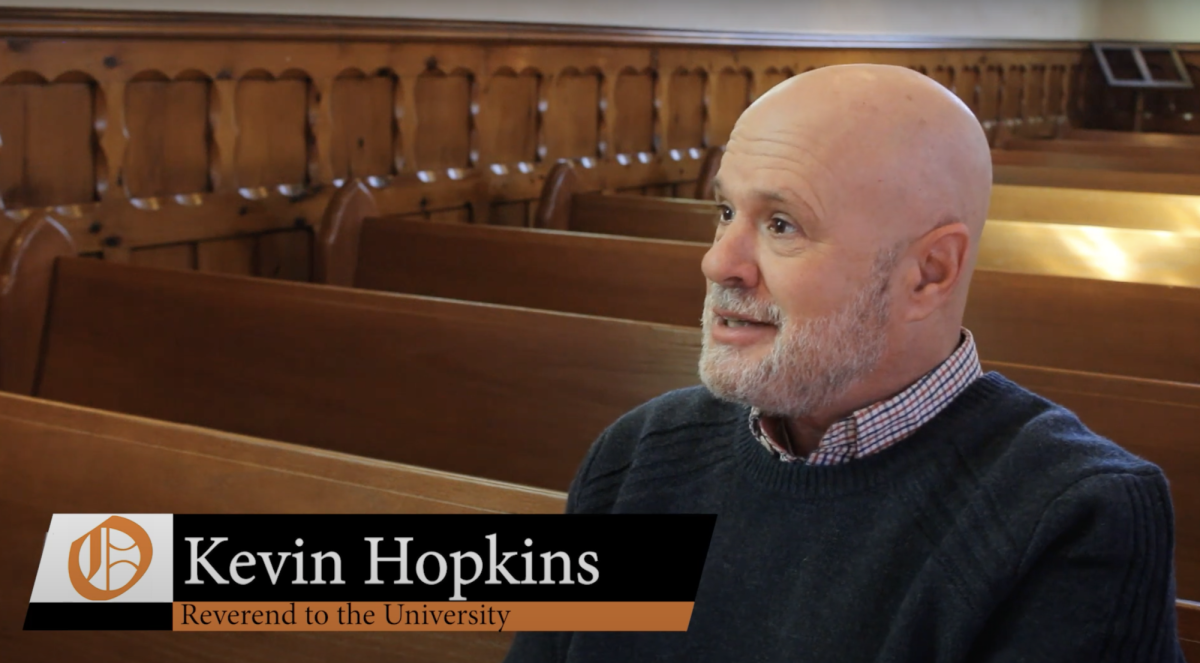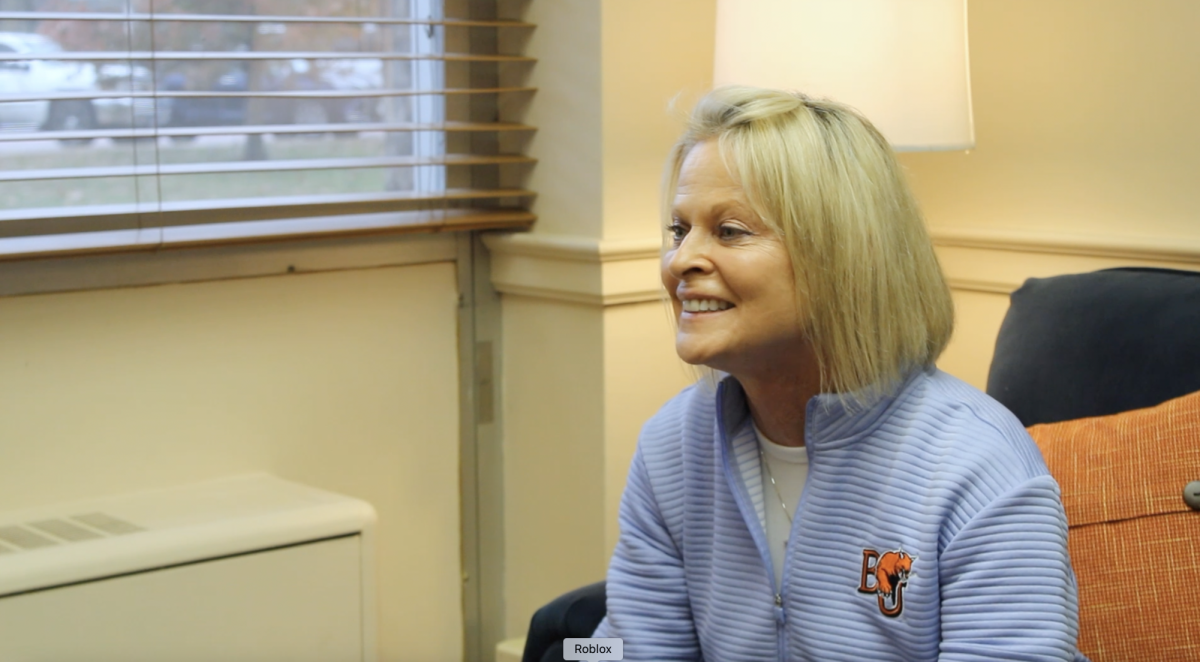For the first time in the history of Baker University, a current professor will take the podium and deliver his published speech as a part of the Milford White Lecture.
The lecture series was created to commemorate R. Milford White, professor of chemistry at Baker University from 1962 to 1982. Among many other accomplishments, White started the LA 401 program in 1979.
Thomas Peard, assistant professor of philosophy, will present his paper titled “World Hunger and the Moral Requirements of Self-Sacrifice.” The lecture will be held at 7:30 p.m. Tuesday in Mabee Hall 100.
“I am defending Peter Singer’s well-known, but controversial, view that affluent individuals are required to make significant sacrifices to prevent the severe suffering or death due to lack of food, shelter and medical care,” Peard said.
Peard joins a group of renowned Milford White lecturers, which includes people such as Gaylord Nelson, founder of Earth Day, and Wes Jackson, founder and president of The Land Institute.
Peard said he wrote the paper in 2001. He has presented different revisions of the speech at many venues and it was published in The Southwest Philosophy Review journal in 2003.
Peard said he found out he was going to be the speaker last spring and is really looking forward to the event. He said he always receives interesting feedback and thoughts on his ideas he has never considered before.
“I think this is an extremely important issue,” Peard said.
Donald Hatcher, professor of philosophy, said he used to be in charge of finding speakers for the lecture series. He said the first lecture was held in 1990 and featured Kristin Shrader-Frechette, research professor of philosophy at the University of South Florida.
“We have had some really famous speakers in the past,” Hatcher said.
He said it is interesting they are having a professor as a presenter this year, but agrees world hunger is a major ethical concern.
Hatcher said the series was originally intended to be an annual event but has become less regular due to the lack of funding and higher traveling expenses.
“Who pays the piper picks the tune,” Hatcher said.







